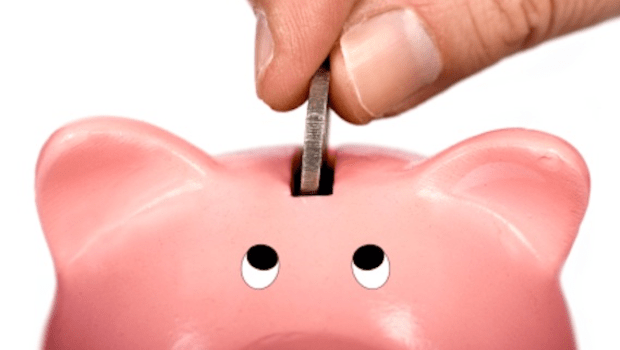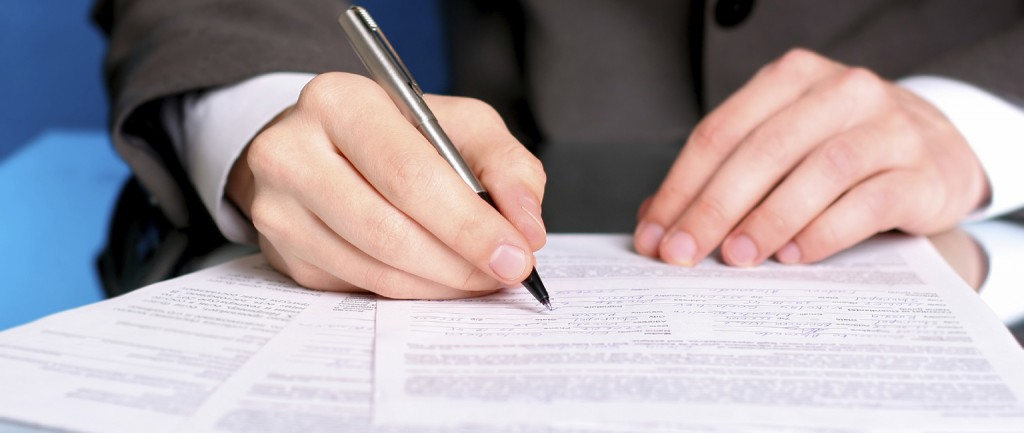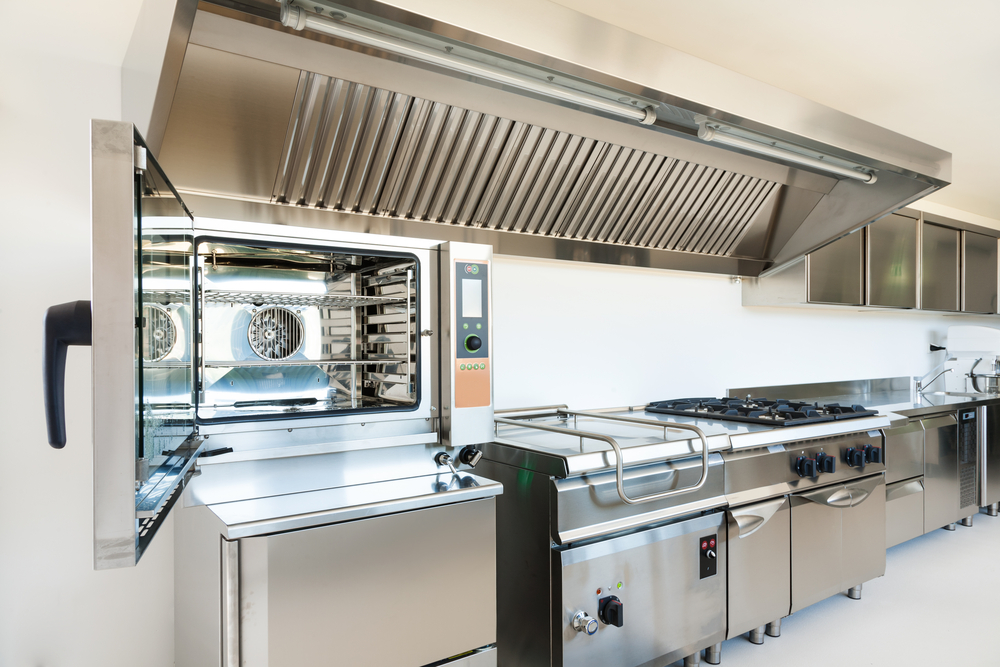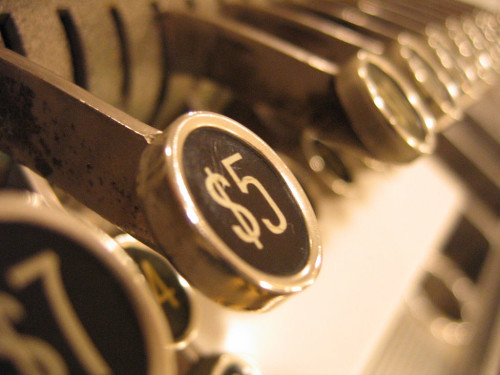If you're self-employed, you're not legally required to pay yourself super, however, you shouldn't rely on selling your business to fund your retirement. Circumstances like market conditions or the economy can affect how much your business sells for, so it's important to have an effective plan.
All good financial planning involves spreading your risks and an investment in super will represent at least a small diversification from the large part of your finances tied up in your small business.
Although your primary focus may be ploughing every available dollar back into the venture that could one day become your retirement nest egg, it can make sound financial sense to squirrel something away in superannuation too.
With the 2016 financial year just beginning, now is an opportune time to start saving for yourself first, not last.
Although it’s tough when times are tight or cash flow has slowed to a trickle, resolve to treat yourself as you treat your staff and keep putting regular payments into the pot.
If your profit or drawings from your business top $37K in a financial year then you can expect a drop in your tax bill, as well as a boost in your super balance.
Concessional contributions to super are taxed at just 15 per cent, compared with income tax at 34.5 per cent, including the Medicare levy.
Company directors who’ve make consistent contributions to their own super fund over a period of time may find these deposits escape the liquidator, should the business go belly-up down the track.
* With AFR




